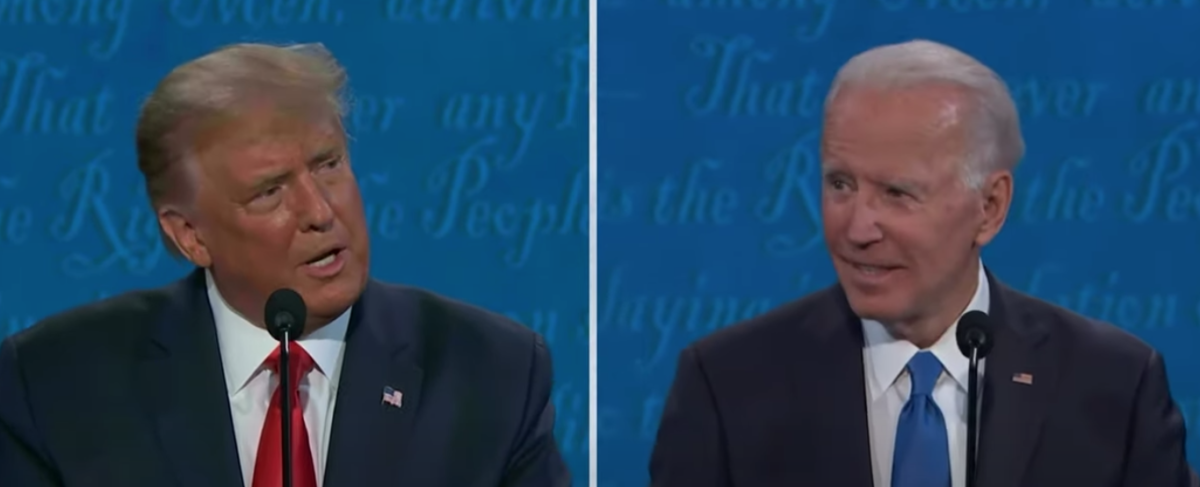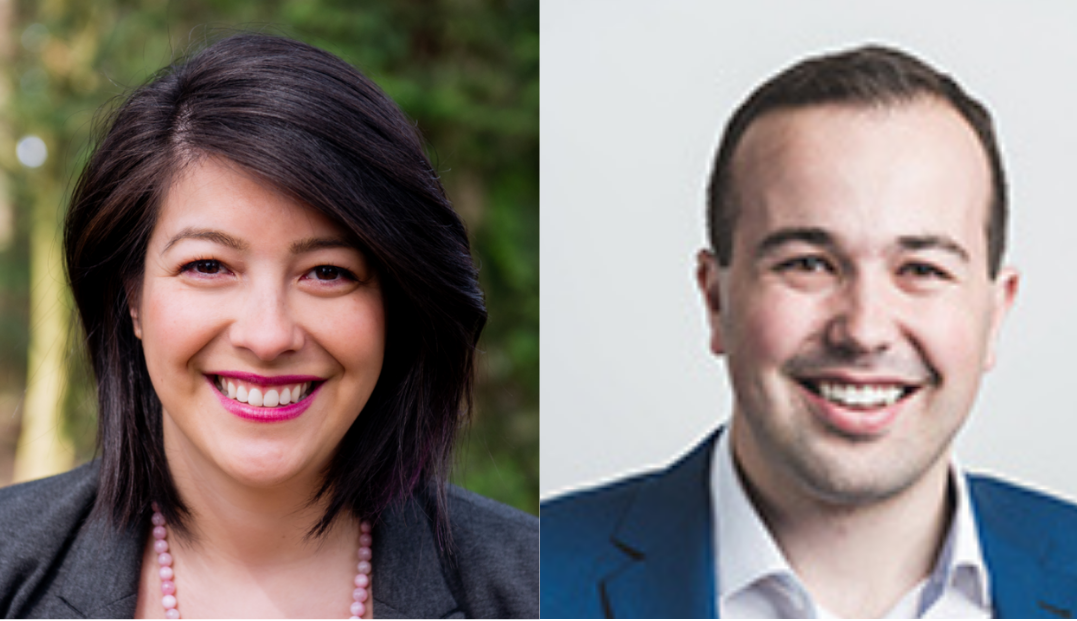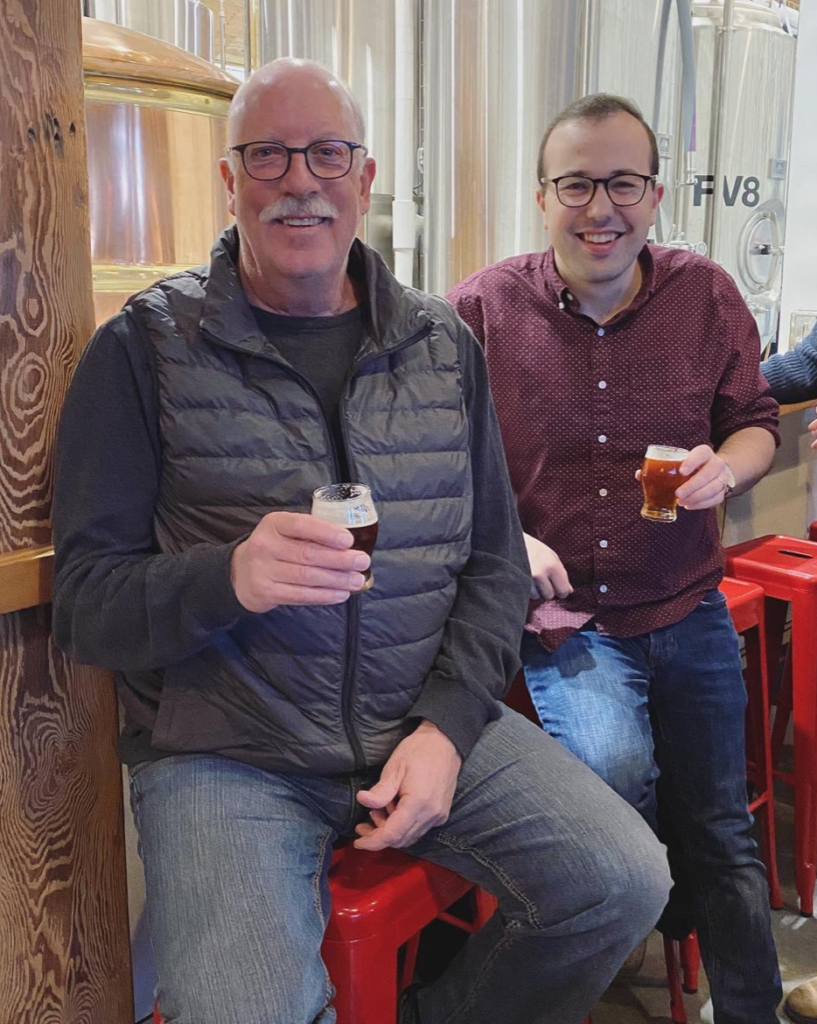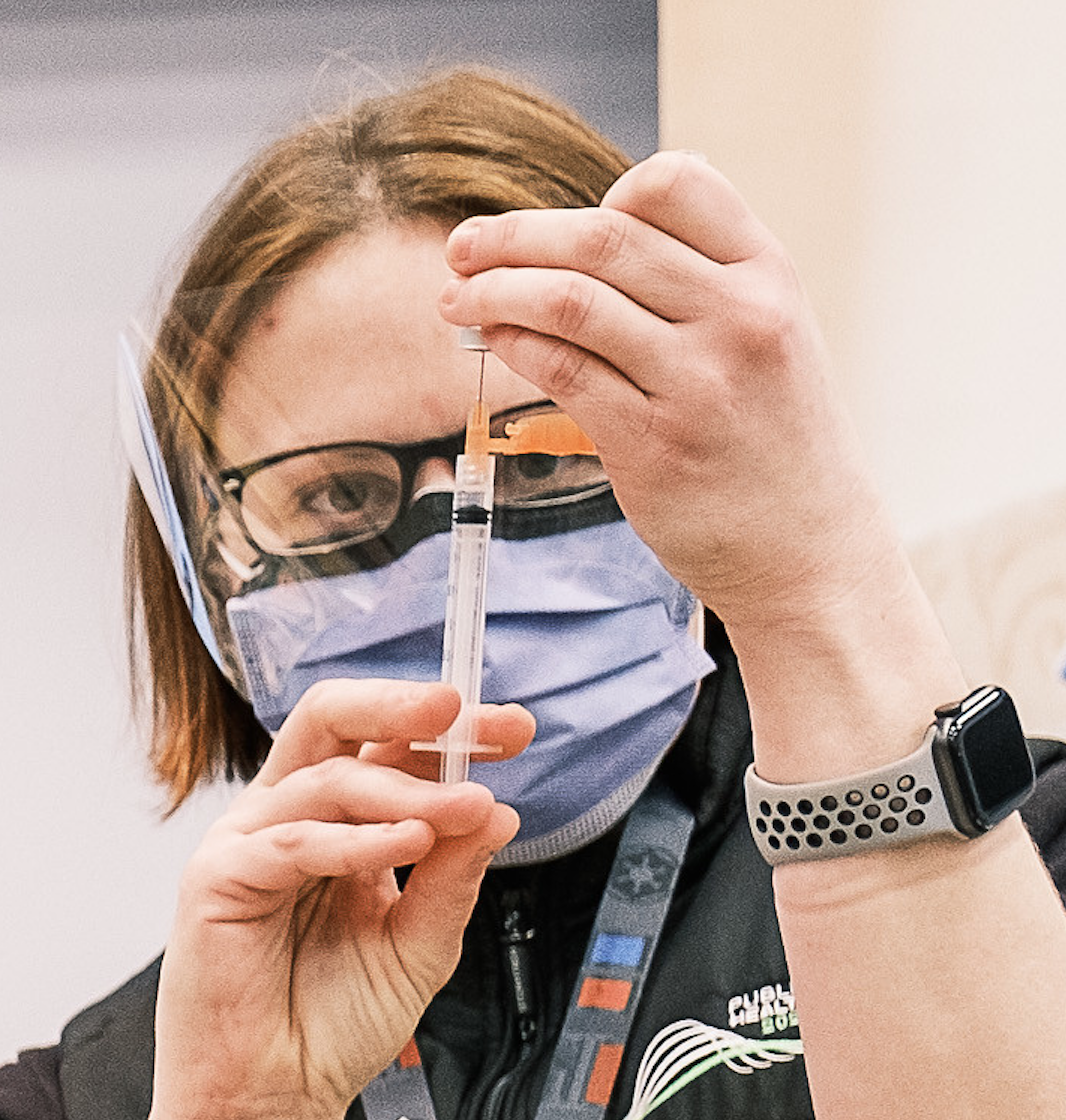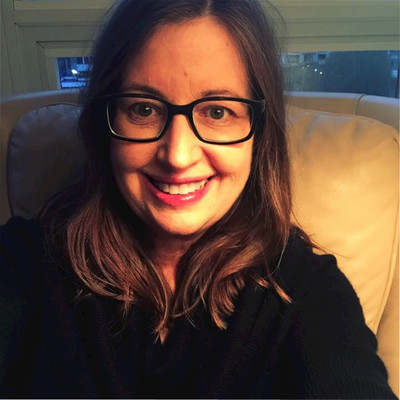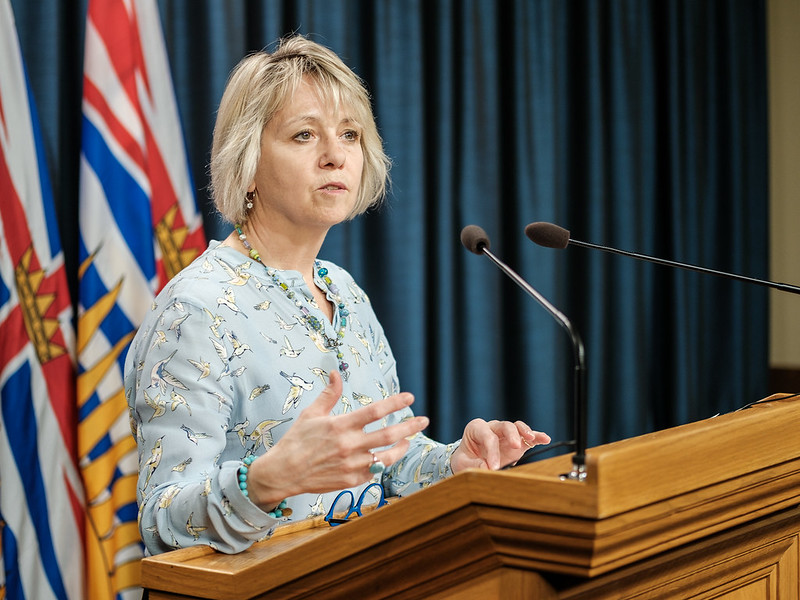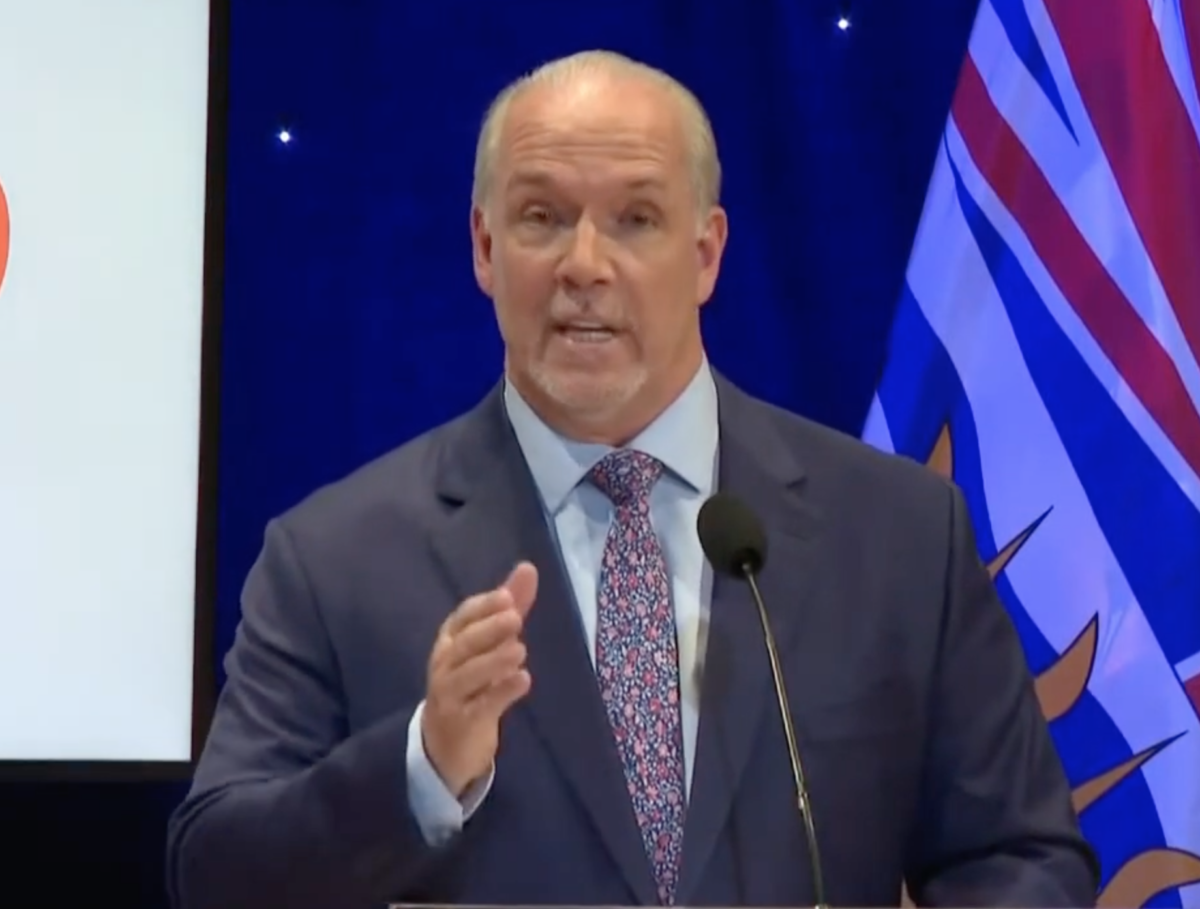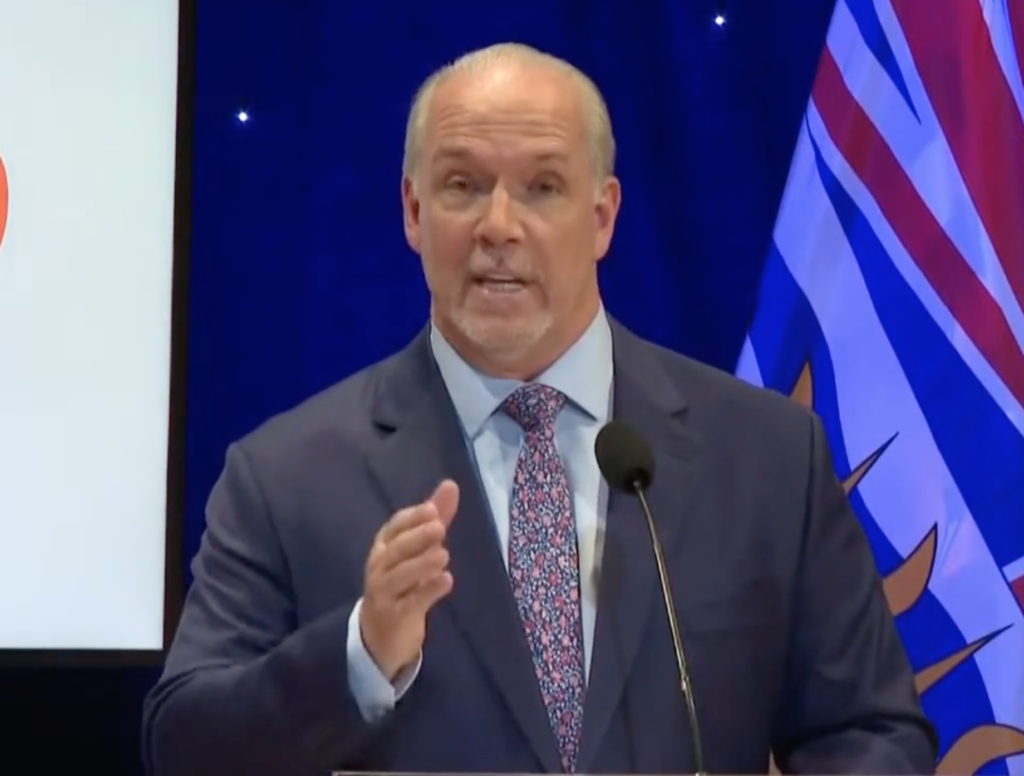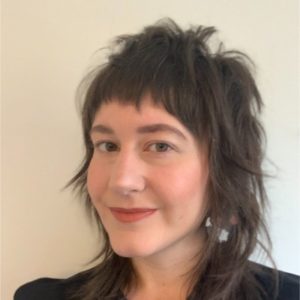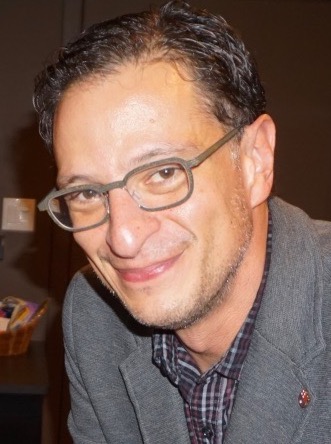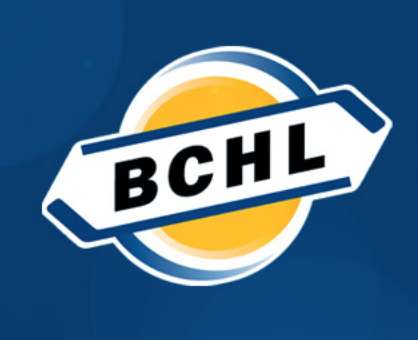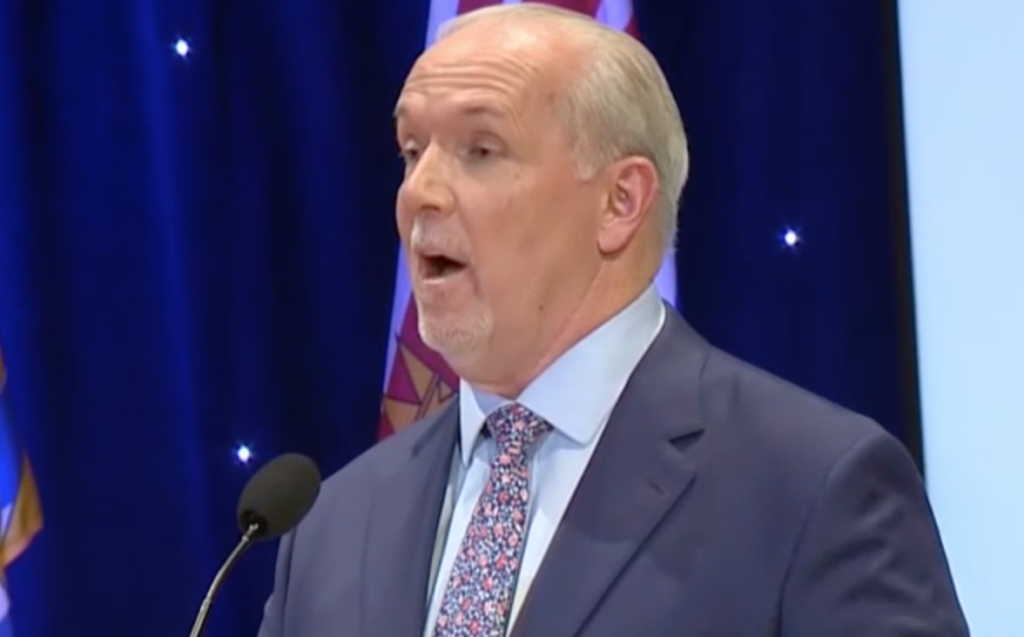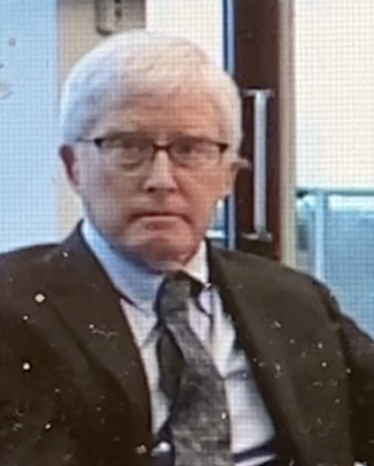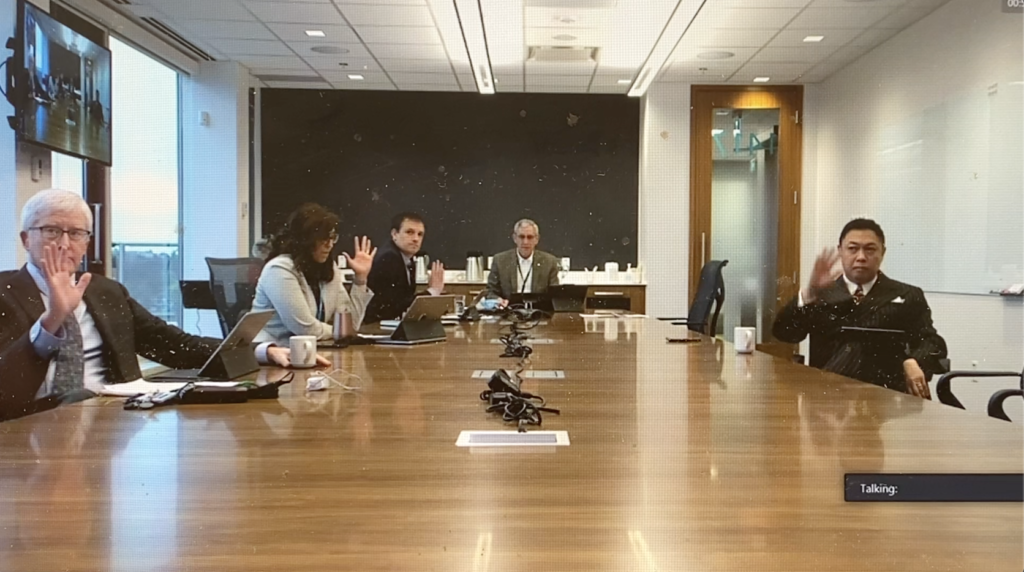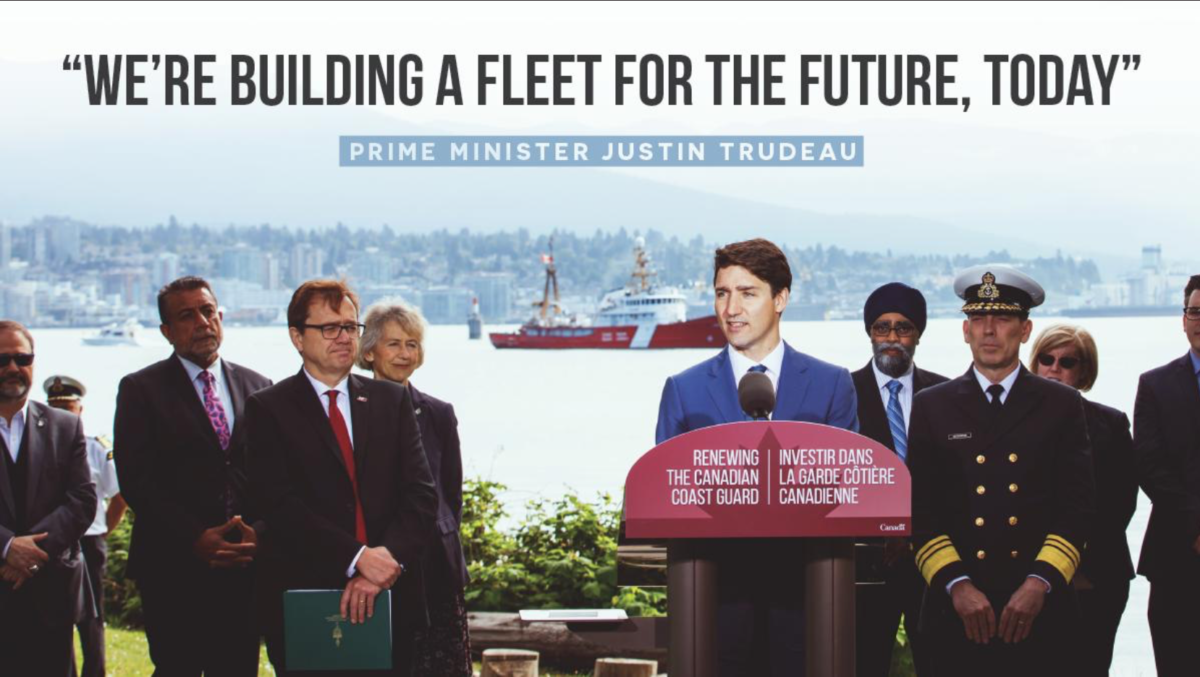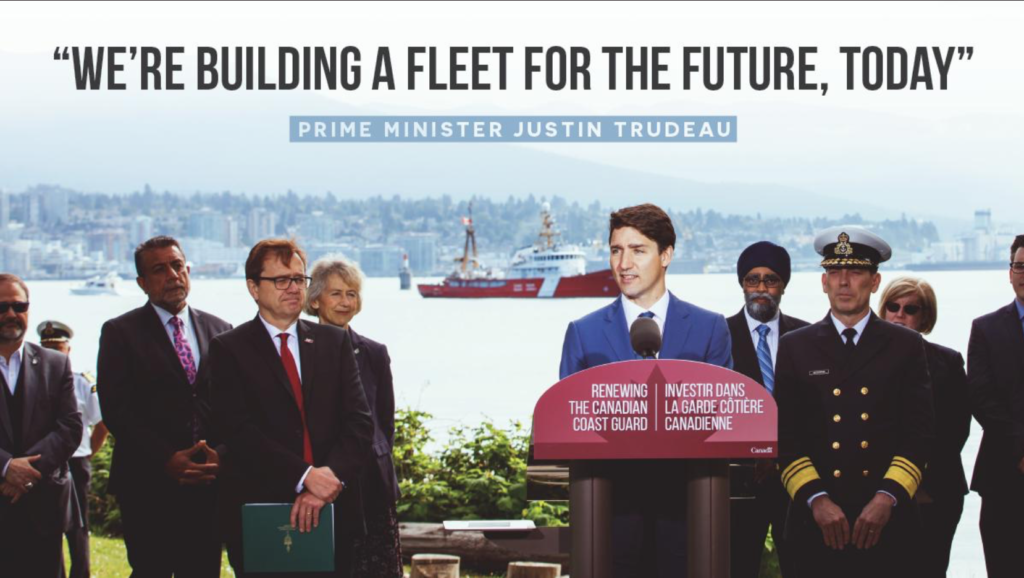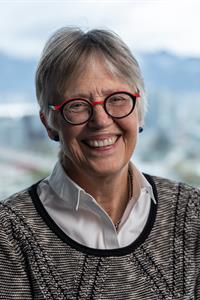Meng Wanzhou’s lawyer says on China and Huawei, Biden carries on where Trump left off
Bob Mackin
A lawyer for Huawei CFO Meng Wanzhou said March 3 in B.C. Supreme Court that President Joe Biden is continuing where President Donald Trump left off, in an ongoing effort to “debilitate, if not destroy” the Chinese tech giant.
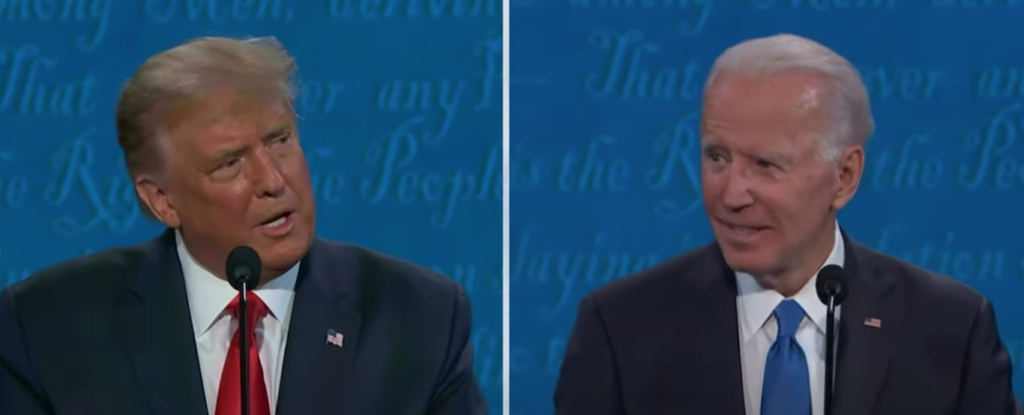
The second Trump vs. Biden debate (C-SPAN)
“This specific [5G] technology race has been referred to as the 21st century version of the arms race of Cold War years,” Richard Peck told Associate Chief Justice Heather Holmes in Vancouver. “This is not hyperbole on my part, the U.S. sees China and advanced Chinese technological companies and, in particular, this company, as an existential threat to its prominence on the world stage.”
Peck was making the case that Trump abused the justice process in December 2018 when he said he might intervene if the U.S. could gain a better trade deal with China.
Meng was arrested at Vancouver International Airport Dec. 1, 2018 on a warrant from the U.S. seeking to try her on fraud charges for allegedly deceiving HSBC to gain a loan.
“With that utterance [by Trump, on Dec. 11, 2018], Ms. Meng became a bargaining chip, a pawn in this economic contest between these two super powers. Those words amount to the opening salvo in this trade war,” Peck said.
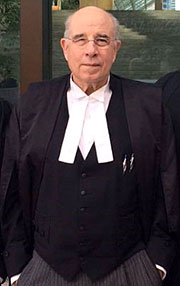
Richard Peck (Peck and Co.)
Peck is seeking a stay of proceedings, but Canadian government lawyers argue that Trump never followed through on his words before leaving office on Jan. 20.
Peck said Trump “cast a pall” over the proceedings and reduced Meng “from a human being to a chattel.”
“In the annals of extradition law, it appears to be the first time the head of a requesting state has commented directly on the plight of the person sought and it follows that the first time that the head of the requesting state has publicly articulated a willingness, indeed an intent, to intervene.”
Peck cited similar statements by others in the Trump administration, including Secretary of State Mike Pompeo, Attorney General Bill Barr and Commerce Secretary Wilbur Ross. Yet, the China strategy predated Trump. Peck cited an Oct. 8, 2012 report to the House of Representatives intelligence committee identifying Chinese telecom companies as a threat.
Peck referred to several comments since Trump left the presidency, by new White House press secretary Jen Psaki and Biden himself. At the Feb. 23 virtual summit with Prime Minister Justin Trudeau, Biden said “human beings are not bartering chips. We’re going to work together until we get [Canadian hostages Michael Kovrig and Michael Spavor.s] safe return.”
“The context is clear, lucid,” Peck said. “His comments relate specifically to Kovrig and Spavor, that’s the context. Secondly, Ms. Meng’s name is conspicuous by its absence. Thirdly it is in no way an express repudiation of the [Trump’s] words.”
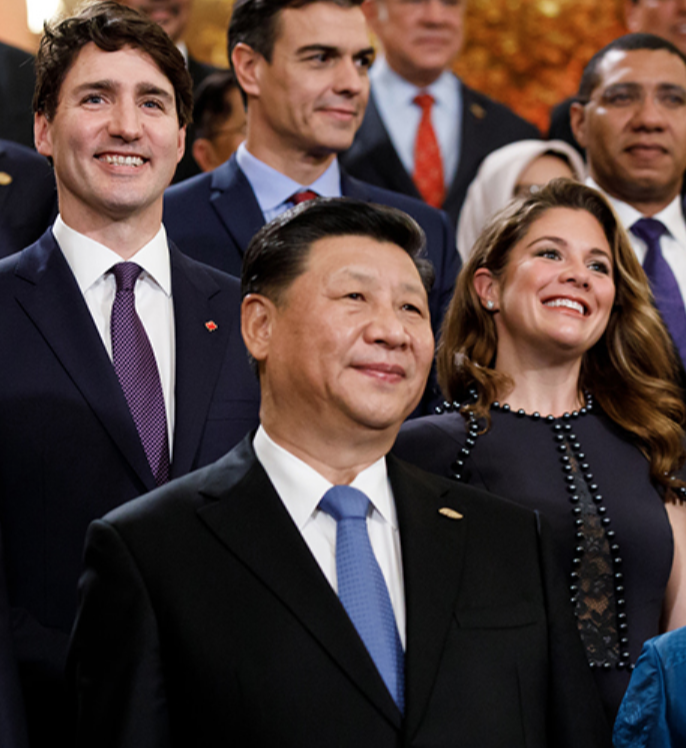
Justin Trudeau, Sophie Gregoire Trudeau and Xi Jinping (PMO)
Peck said the U.S. has subverted and destroyed the integrity of the process.
“The requesting state has not acted in good faith, this is an affront to what is fair, right and just, words used by a former chief justice, by its conduct we say is bereft of any right to seek the assistance of our courts. We say it’s the clearest of cases.”
Robert Frater, the top lawyer in Canada’s Department of Justice, called Peck’s argument overboard.
“The base of their claim is non-existent,” Frater said.
Arguments in this phase of the extradition process continue through Friday. The main extradition hearing is in May. Whatever the outcome, it is likely to be appealed.
Support theBreaker.news for as low as $2 a month on Patreon. Find out how. Click here.
Bob Mackin A lawyer for Huawei CFO Meng






